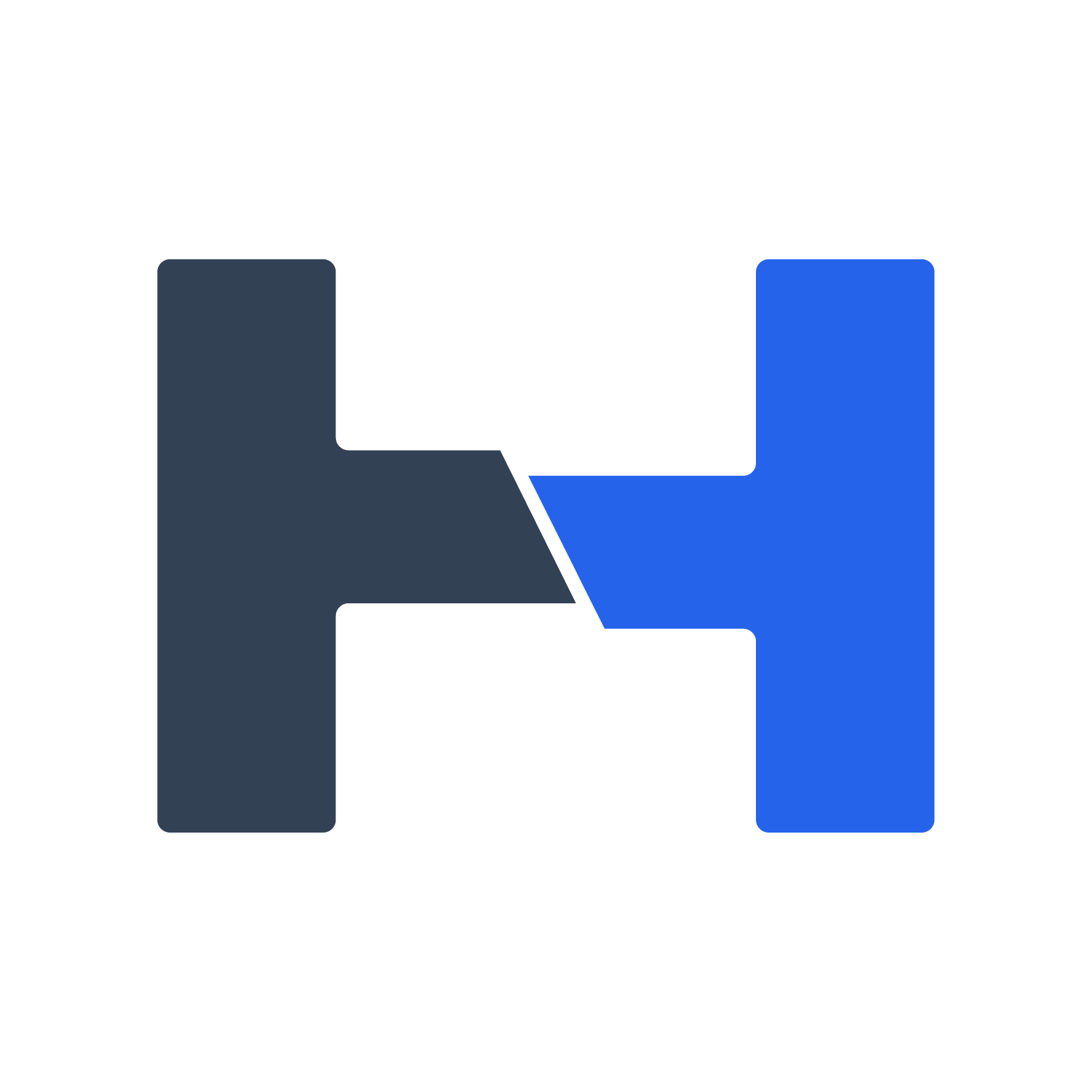Key Features Shared by the Best Healthcare Data Integration Companies
Uncover the key features shared by the top healthcare data integration companies revolutionizing medical data solutions. Discover their innovations here.
- Date

Darrell Crabtree
Director of Customer Success




